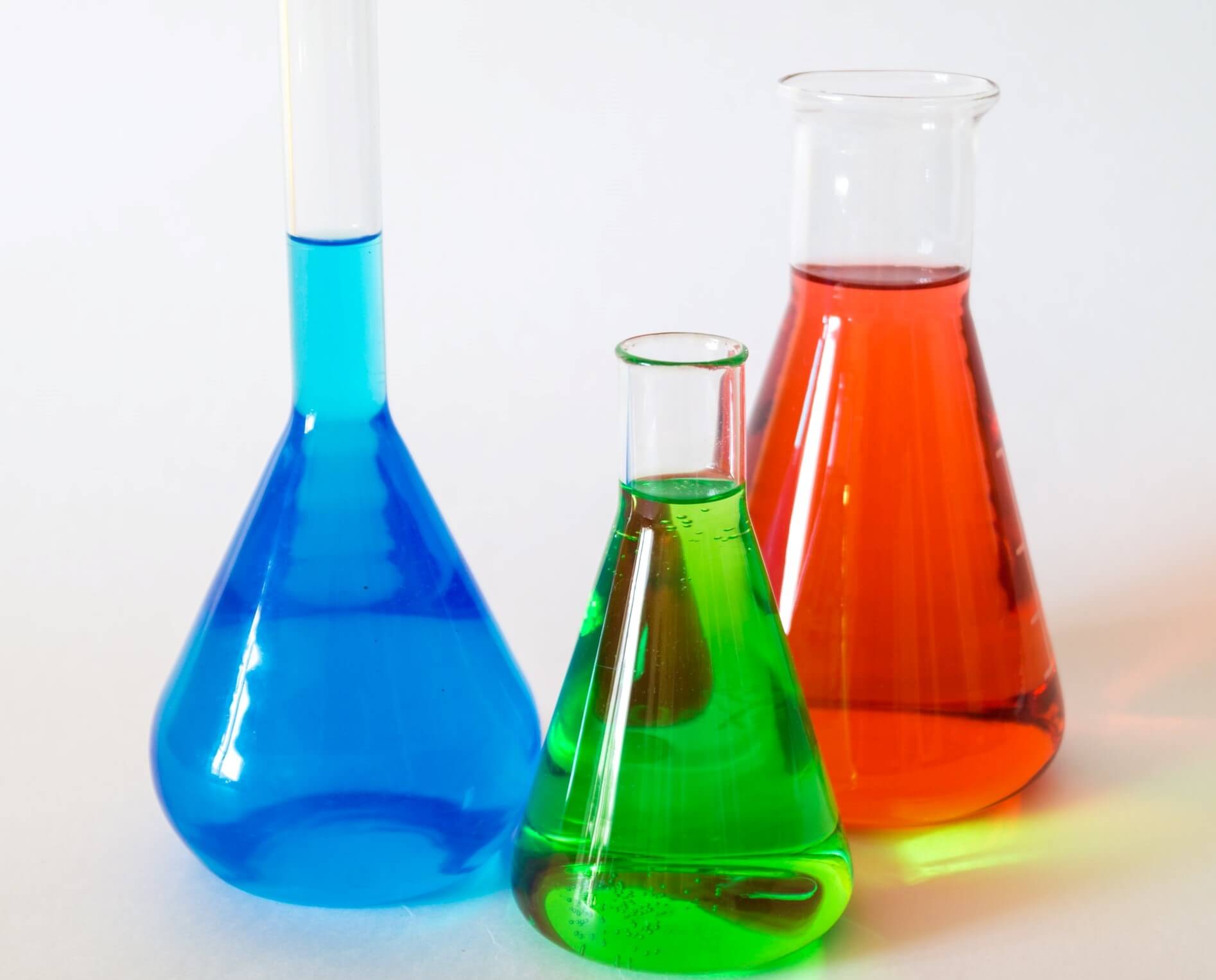The question, Are drugs a chemical agent? may seem straightforward, but it opens the door to a fascinating exploration of the complex world of pharmaceuticals. This article will delve into the intricate relationship between drugs and chemical agents, shedding light on their roles, interactions, and impacts on human health.
Drugs as Chemical Agents: The Basic Understanding
At the most fundamental level, drugs are indeed chemical agents. They are composed of chemical substances that interact with the body's biological systems to prevent, diagnose, treat, or cure diseases. These substances can originate from natural sources like plants and animals or be synthesized in laboratories.
The Molecular Mechanism of Drugs
Drugs exert their effects by interacting with specific targets in the body, usually proteins such as enzymes, ion channels, or receptors. This interaction can either enhance or inhibit the target's function, leading to therapeutic effects. For example, antibiotics like penicillin work by inhibiting bacterial enzymes, thus killing or slowing the growth of bacteria.
The Complexity of Drug Action
While it's accurate to say that drugs are chemical agents, it's a simplification that doesn't fully capture the complexity of drug action. Drugs don't just interact with their targets; they also undergo metabolism and excretion, can cause side effects, and their effectiveness can be influenced by factors like genetics, age, diet, and other drugs.
The Role of Drug Metabolism
Once a drug enters the body, it undergoes metabolism, primarily in the liver. This process can alter the drug's chemical structure, affecting its activity and how quickly it's excreted from the body. Some drugs are prodrugs that need to be metabolized into their active form. Others can form toxic metabolites that contribute to side effects.
The Impact of Drug Interactions
Drug interactions can also complicate the relationship between drugs and chemical agents. When two or more drugs are taken together, they can interact in ways that enhance or diminish their effects or produce new effects. For example, alcohol can enhance the sedative effects of benzodiazepines, increasing the risk of overdose.
The Influence of Individual Factors
Individual factors can significantly influence a drug's effectiveness and safety. Genetic variations can affect drug metabolism, making some people more susceptible to side effects or less responsive to certain drugs. Age can influence drug absorption and metabolism, while diet can affect drug bioavailability.
Conclusion
In conclusion, while drugs can be classified as chemical agents, this definition only scratches the surface of their complexity. Understanding the intricate mechanisms of drug action, metabolism, interactions, and individual variations is crucial for optimizing drug use and minimizing risks. This knowledge can also guide the development of personalized medicine, where drug therapy is tailored to each individual's unique genetic and physiological profile.

